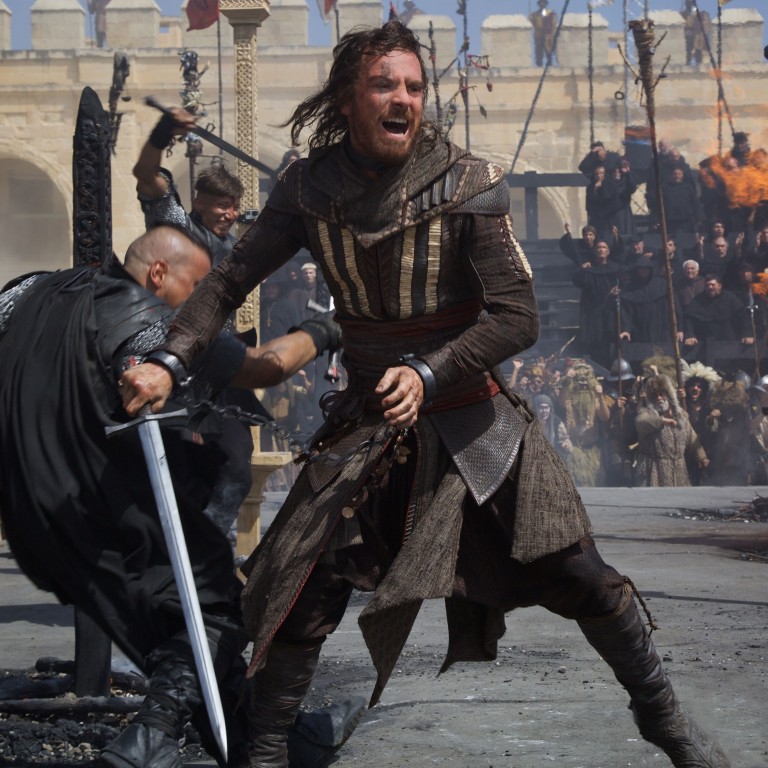
League of Legends creator wants to break into TV market to fight negativity about video games
- Riot Games co-founder Marc Merrill decided to make first TV show, called Arcane, to appeal to an audience outside the gaming community
- Netflix, Disney, Amazon, Hulu, HBO and others have already invested billions annually in original TV programming and acquisitions
He created a free-to-play video game with his college friend that has brought in billions of dollars over the past decade and which draws up to about eight million concurrent players every day. Yet, when he goes to high-profile drinks parties and business events, Marc Merrill says people often “walk away, turn their shoulder, or chuckle” when he tells them he makes video games for a living.
Such is the life of the Riot Games co-founder whose game, League of Legends, is one of the most popular titles of all time.
“It’s less about the acknowledgement or recognition from some broader culture,” Merrill says. “The thing that bothers me is the stigma or the negative judgment.”
That stigma is part of the motivation for Riot’s planned expansion beyond the gaming world. Addressing why Riot decided to make a TV show, entitled Arcane, Merrill says the company has an ability to continue to broaden the public’s understanding of what video games, and the industry built around them, represent.
The announcement of Arcane comes amid the most saturated media landscape of all time, as streamers and traditional networks duke it out for subscribers.
In an attempt to entice people to sign up, Netflix, Disney, Amazon, Hulu, HBO and others have invested billions annually in original programming and acquisitions. An Amphere Analysis report showed a total global spend of US$165 billion on TV shows, films, and sports in 2018, up from US$50 billion in 2008. That increase mostly happened in the past five years.

Riot enters the arena with the most popular PC video game and e-sports title at a time when gaming has never been more prevalent. Even then, their success isn’t assured, but it shows the logic behind the move.
“The biggest challenge for TV producers and creators today is to stand out,” says Alon Shtruzman, chief executive of Keshet International, which is behind Showtime’s Homeland and Our Boys on HBO. “The clutter of TV shows is just overwhelming. Many shows, even with big stars, just go away today unnoticed.
“The fan base will be a great help, same as with movies like Angry Birds and Assassins Creed. Even if the movie isn’t great, because they were fans of the franchise, they’re going to go and watch it.”
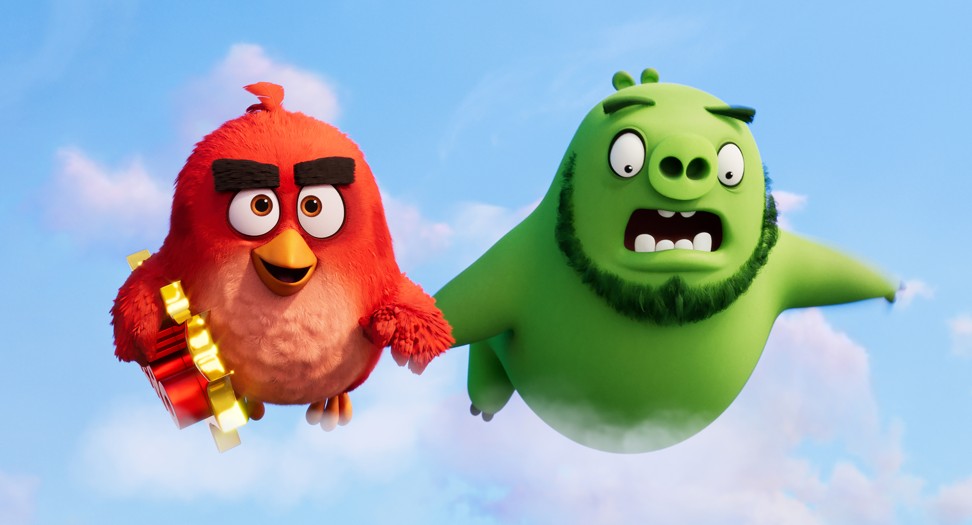
The two Angry Birds films brought in close to US$500 million combined at the box office, while Assassin Creed took US$240.6 million, according to Box Office Mojo. The history of video games serving as the basis of TV shows and films is largely maligned. According to Merrill, but Riot is undeterred.
Invoking Game of Thrones and Lord of the Rings, he says they are trying to “hit that type of bar”. In an unusual move for a game publisher, they elected to keep the development of the show in-house by hiring a French production company, Fortiche Production.
Industry analysts including Scott Steinberg, head of consulting firm TechSavvy, and Brandon Ross, a partner at research firm Lightshed Partners, have long expected Riot to develop a show, and see it as a natural move for a company looking to profit from its IP while expanding the company’s reach.
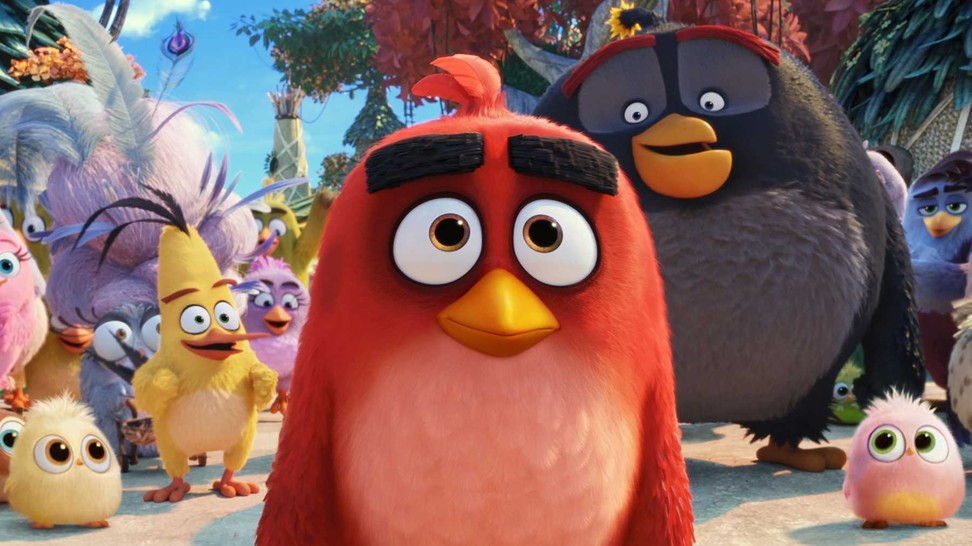
“Video game Hollywood crossovers have been the butt of jokes, but they are going to get better over time,” Steinberg says.
He says that League’s bigger fan base, creative control, and, given its ownership by Chinese conglomerate Tencent, Riot’s ability to invest more money than past shows that were based on games could all help in the endeavour.
But even with those advantages, Riot will have over to overcome the fact that their game is not narrative-based, and story lines and character development will have to be done from scratch.
“The game is great for certain things, it’s not so great on the narrative side,” says Jarred Kennedy, Riot’s global head of IP businesses and partnerships. “Our players want to know more about the characters, they want to know more about their backstories, they want to experience the world in new ways.”
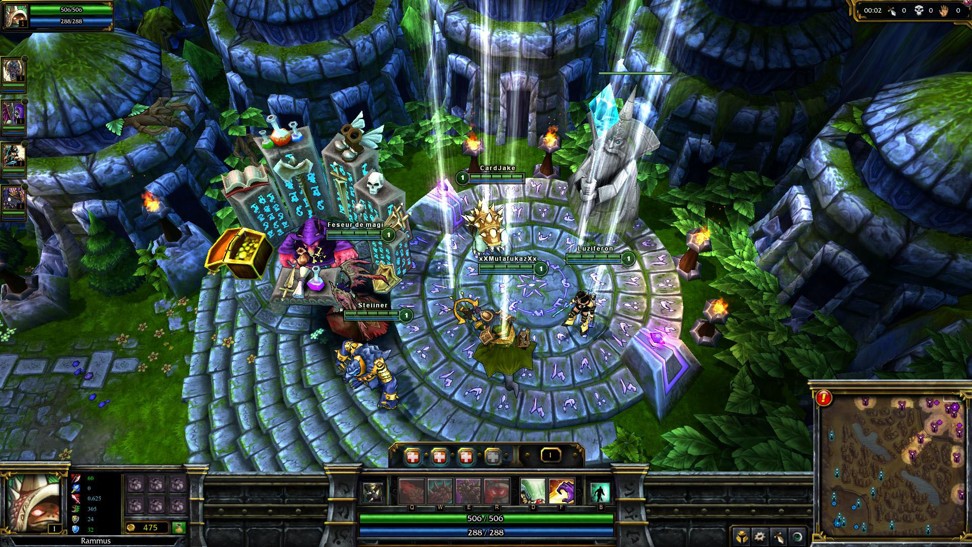
Riot will also have to find a way to create a show that satisfies its core audience while also appealing to people unfamiliar with the game. Kennedy says they are banking on the use of “universal themes” to bridge this gap.
AMC’s The Walking Dead (based on a comic book series) and Marvel’s films (based on comic books and graphic novels), are examples of how shows based on IP with niche audiences can appeal to mass audiences, though the film and TV annals are littered with those that have not.
“TV or video content is still the mass medium to reach all four quadrants,” Ross says.
Beyond the traditional routes of turning video games into shows, or vice versa, Shtruzman believes new business models could emerge, as well as creative possibilities – which have thus far only been offered fleetingly.
The world is still learning what gaming is about. Film and TV both have much longer histories and are more well understood because a much greater percentage of the American public has grown up being consumers of TV and film
“Since everything is streaming, there is an option to bundle game and shows. It’s possible technologically, the challenge is commercial,” he says. “Those [streaming] platforms have a very, very advanced capability that they barely use. They can do it with ‘choose your own adventure’, interactive game shows and reality shows. A game creator could team up with a TV show creator.”
Regardless of the cultural or commercial footprint for Riot’s Arcane show, both Shtruzman and Steinberg expect new kinds of interactive content to emerge.
“Interactivity absolutely creates engagement,” says Shtruzman. Steinberg calls it the future.
Merrill, as a game maker, understands this element well and explains the appeal as, “Instead of reading James Bond, you are James Bond.”
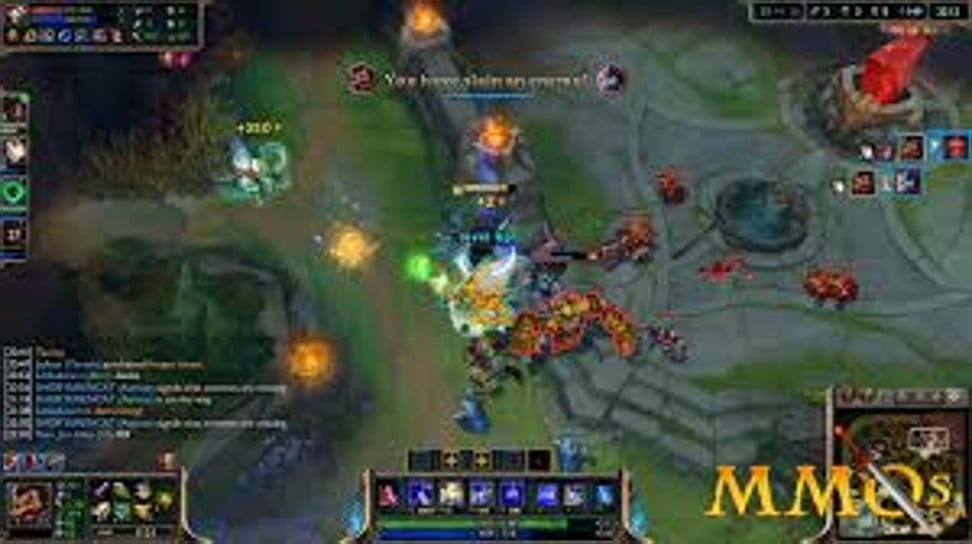
Merrill and Riot hope that interactive future will include video games – as an activity or career – becoming fully integrated into mainstream culture and accepted as a “meaningful life pursuit”, in Merrill’s words.
“The world is still learning what gaming is about,” he says. “Film and TV both have much longer histories and are more well understood because a much greater percentage of the American public has grown up being consumers of TV and film.
“Fast forward another 30 or 40 years, no one is even going to call themselves a gamer because everyone is going to be a gamer, just like how no one calls themselves a moviegoer now.”

